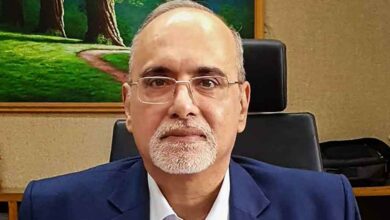
In a move that has generated significant discussion, the Reserve Bank of India (RBI) has announced a record-breaking dividend of Rs 2.11 lakh crore for the fiscal year 2023-24. This payout exceeds the previous high of Rs 1.76 lakh crore in 2018-19 and has evoked a range of reactions from leading economists in the country.
While some experts hailed the dividend as a sign of economic strength, others expressed concerns about its potential impact on the RBI’s ability to address future financial emergencies.
Suman Mukherjee, a noted economist, described the windfall as a result of a “confluence of factors,” including a surge in foreign exchange reserves, loans to commercial banks, and the government’s proactive approach in managing contingencies. Mukherjee emphasized that the positive impact of the RBI’s actions is evident in the stock market, which has reached record highs.
However, Abhirup Sarkar, a former professor at the Indian Statistical Institute, raised questions about the government’s motives, suggesting that deficit reduction might be a primary driver behind the hefty dividend. Sarkar also cautioned against the inflationary risks and the potential decline in real interest rates, which could adversely affect retirees and individuals reliant on interest income.
Sarkar’s primary concern centered around the potential weakening of the RBI’s financial strength and independence. He highlighted the importance of the central bank maintaining adequate reserves to rescue troubled banks and manage liquidity through open market operations and forex interventions.
“RBI needs war chests for emergencies, like rescuing troubled banks,” Sarkar said, emphasizing the need to safeguard the autonomy and efficacy of the RBI in maintaining financial stability.
Analysts at S&P Global Ratings, however, suggest that the additional dividends from the RBI could provide “rating support” if utilized to reduce the fiscal deficit. YeeFarn Phua, an S&P analyst, stated that a decrease in the deficit would lead to a faster path of fiscal consolidation, which could bolster India’s creditworthiness over time.
As the debate surrounding the RBI’s record dividend continues, economists and policymakers will closely watch how the government chooses to allocate these funds and the implications on the country’s financial landscape.



